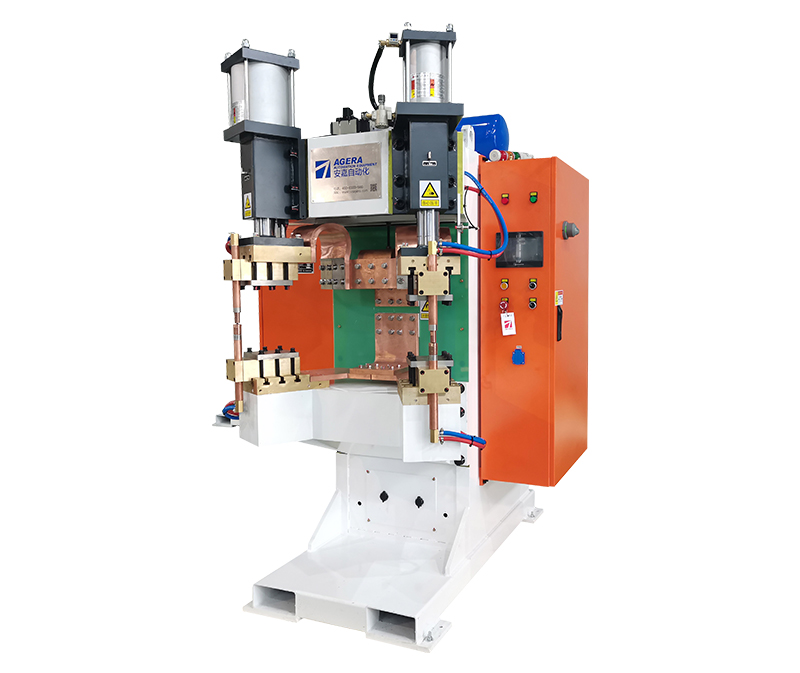The choice of electrodes plays a crucial role in achieving optimal performance and quality in nut welding machines. This article provides insights into the factors to consider when selecting electrodes for nut welding applications, highlighting the importance of electrode material, shape, and maintenance for successful welding operations.
- Electrode Material: The selection of electrode material is critical for ensuring proper electrical conductivity, heat transfer, and durability. Common electrode materials for nut welding machines include copper alloys, chromium zirconium copper, and tungsten copper. Each material offers unique characteristics such as high thermal conductivity, excellent wear resistance, and good resistance to welding spatter. The choice of electrode material should align with the specific welding requirements and the materials being welded.
- Electrode Shape: The shape of the electrode can significantly impact the welding process and joint quality. Different electrode shapes, such as flat, dome, or pointed, are suitable for specific welding applications. Factors to consider when selecting electrode shape include the nut size and geometry, joint accessibility, and desired weld penetration. Proper electrode shape ensures efficient energy transfer and allows for precise control over the welding process.
- Electrode Maintenance: Regular maintenance of electrodes is essential to optimize their performance and extend their lifespan. Proper cleaning and reconditioning of electrodes help remove contaminants, such as welding spatter and oxidation, which can affect electrical conductivity and heat transfer. Additionally, maintaining the electrode tip geometry and surface finish ensures consistent and reliable weld quality.
- Electrode Cooling: In high-volume nut welding operations, electrode cooling systems can be employed to manage heat buildup and prevent premature electrode failure. Water-cooled electrodes effectively dissipate heat, allowing for longer continuous welding cycles and improved electrode durability. When selecting electrodes, it is important to consider the compatibility with cooling systems and ensure proper cooling is implemented when necessary.
Choosing the right electrodes is crucial for achieving successful nut welding operations. By considering factors such as electrode material, shape, maintenance, and cooling requirements, welders can optimize the welding process, enhance joint quality, and maximize electrode performance. Proper electrode selection and maintenance contribute to efficient and reliable nut welding, leading to consistent weld quality, improved productivity, and reduced downtime.
Post time: Jul-13-2023








